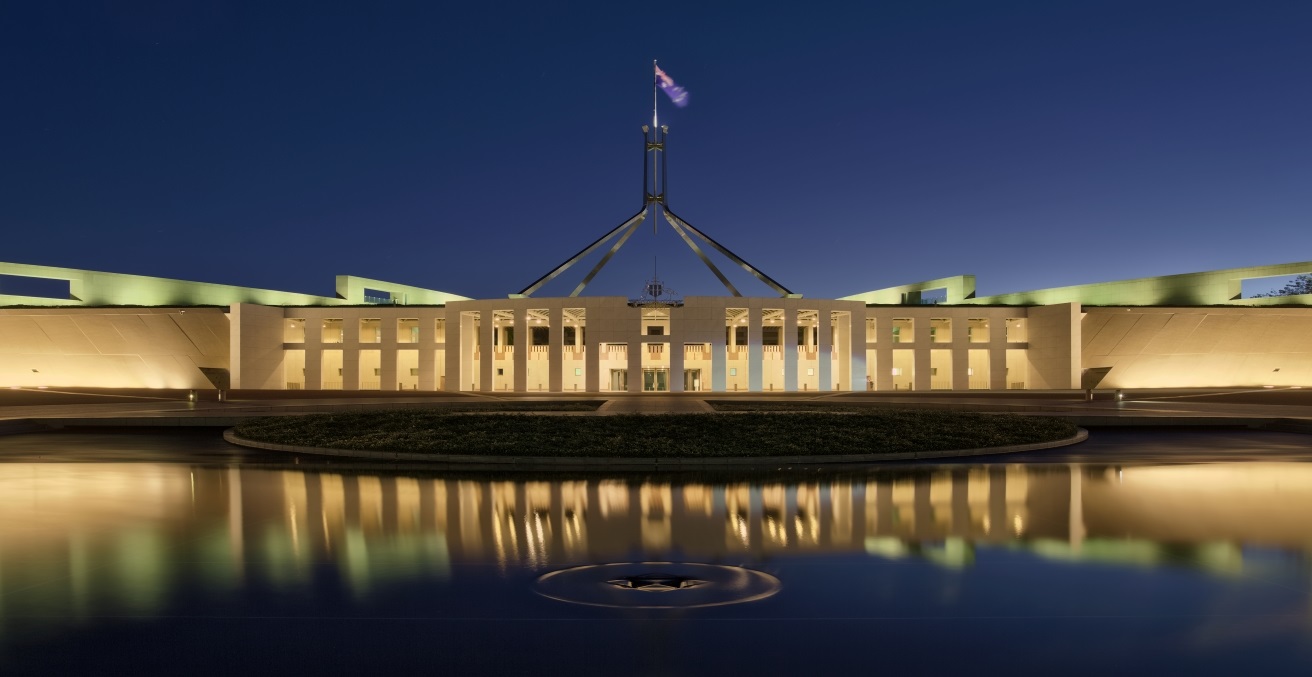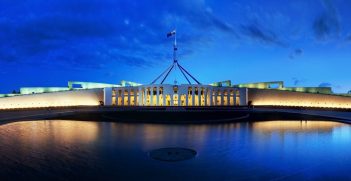18 September: The Week in Australian Foreign Policy

This week in Australian foreign affairs: Australia, India, and France’s Trilateral Dialogue; ASEAN conferences; normalised Middle Eastern relations; and more.
On 9 September, the first Trilateral Dialogue between Australia, India, and France was held via videoconference at the head of foreign ministry level. The dialogue “focused on addressing regional and global challenges, including those posed by COVID-19.” The three countries agreed to hold the dialogue on an annual basis.
Last week, Minister for Foreign Affairs Marise Payne participated via videoconference in the East Asia Summit Foreign Ministers’ Meeting, the ASEAN-Australia Post Ministerial Conference, and the ASEAN Regional Forum. Payne also delivered a keynote address at the ASEAN Ministerial Dialogue on Strengthening Women’s Role for Sustainable Peace and Security.
Payne noted on 15 September that “Australia warmly welcomes the announcement of normalised relations between the United Arab Emirates and Israel, and Bahrain and Israel,” stating that “these announcements set an example of the power of negotiated outcomes.”
On 13 September, Payne announced a new $60 million package of initiatives to support the Association of Southeast Asian Nations’ COVID-19 recovery, under the Partnerships for Recovery program.
Payne acknowledged the second anniversary of Dr Kylie Moore-Gilbert’s detention in Iran on 11 September, stating that “the Government’s efforts to secure Dr Moore-Gilbert’s release are an absolute priority and continue without pause.”
Payne and Minister for Defence Linda Reynolds released a joint statement on 11 September on the transfer of Afghan Army deserter Hekmatullah to a detention facility in Qatar by the government of Afghanistan. Hekmatullah murdered three off-duty Australian soldiers in 2012 in what Payne and Reynolds described as a “cold-blooded crime of betrayal.”
On 12 September, Reynolds noted that the Royal Australian Navy has joined an eight-ship fleet with Japan, the Republic of Korea, and the United States for Exercise Pacific Vanguard in Guam.
Minister for Home Affairs Peter Dutton announced on 14 September that the Australian government has re-listed Islamic State East Asia as a terrorist organisation under the criminal code, reflecting “the Government’s continued commitment to strong laws for the protection of Australians, both here and overseas.”
On 10 September, Minister for Trade Simon Birmingham announced proposed reforms to improve the Export Market Development Grants (EMDG) scheme. The EMDG scheme is “a key Government financial assistance program to help aspiring and current exporters increase their marketing and promotional activities in international markets.”
Birmingham also noted on 11 September that Australia and Germany have signed a new agreement “to promote two-way trade and investment in hydrogen produced from renewable energy.”
Shadow Minister for Foreign Affairs Penny Wong acknowledged the fourth anniversary of the government’s announcement of its Pacific Step Up policy, stating that this announcement “has failed to deliver anything but cuts and mismanagement.” Wong also criticised “the Morrison Government’s inaction on climate change” and its recent announcement of plans to cut two positions from Australia’s High Commission in Papua New Guinea.
Isabella Keith is an intern at AIIA National Office.
This article is published under a Creative Commons License and may be republished with attribution.




